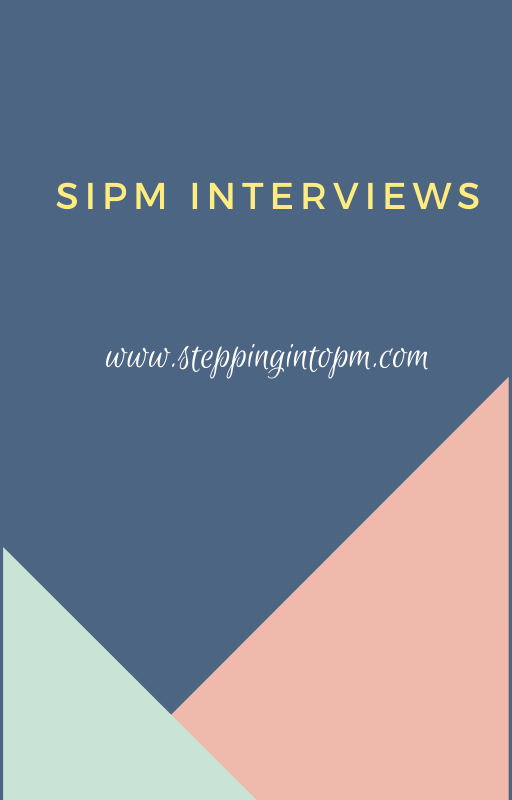
We start this year with another great resource that is sure to bring a smile. Elizabeth Harrin who also writes the award-winning blog, A Girl’s Guide to Project Management has a newly launched
e-coaching services. She talks about how it can help so many project managers and definitely something that's much easier to access than formal coaching sessions.
So, please tell us about your newly launched course which is a great resource for the upcoming project managers and where can we find it.
I realized that lots of people wanted access to a coach but in a more informal way than scheduled Skype calls or face-to-face meetings. So I thought offering bespoke coaching for particular issues over email would fill the gap. You don't have to have a massive career problem to work out over several months. It's just about tapping an expert for advice, for example when you've got questions about a difficult project and you can't discuss them with someone at work (or you want an external view).
 E-coaching is an easy way for you to get access to support and career resources whenever you need it. You don’t have to be tied to a particular time for a phone call and you don’t have to wait until the next session to get some advice. It’s also affordable and manageable, so if you thought you’d never be able to engage the services of a coach, think again!
E-coaching is an easy way for you to get access to support and career resources whenever you need it. You don’t have to be tied to a particular time for a phone call and you don’t have to wait until the next session to get some advice. It’s also affordable and manageable, so if you thought you’d never be able to engage the services of a coach, think again!I don't actually have anything on my website about it yet. You can read about it in one of my newsletters here
Why do you think this is a must have for new project managers? what are the main takeaways from the mentoring sessions that newbies can directly have with you.
I was lucky enough to have a senior project manager assigned to me as a mentor when I started out but that isn't the case for everyone, and even with her help I still had to learn a lot of things the hard way. I wrote Project Management in the Real World because I was frustrated at having to learn everything about project management from scratch. It was the book I wished for when I became a project manager.
A coach can help you unpick problems faster. They can help you work out your own style and help you develop. My style of e-coaching is based on questions and answers over email and clients get a very detailed response, action steps and additional resources for their queries in a reflective style which they can then decide if they apply to their situation. I think this is particularly good for new project managers who don't necessarily have the experience to work out exactly what they need to do by themselves and need a helping hand to offer a few alternative directions.
If you are working in project management or would like to work in projects and need some help sorting out some of the daily problems you face, putting together a career plan for your next job, improving project communications, getting to grips with virtual teams or practically any other project-related problem, then you should consider a coach (whether that's me or someone else).
One piece of advise that you think is an absolute must for new project managers?
Being gracious and appreciative has always worked well for me. When you are a new in post, everyone else knows more than you so it's not easy to assert your authority in a traditional way. A facilitative style actually works better anyway. Take the time to thank the people on the project team for their contributions and make them feel that their work has meaning. You can be very effective while knowing very little if you keep in mind that your job is to make their jobs easier. What do they need to get their tasks done? That's what you have to provide. That and a little structure in the form of a plan and you are well on your way to completing your project successfully with a happy team.
Elizabeth Harrin, MA, FAPM, MBCS is Director of The Otobos Group, a project communications consultancy specialising in copywriting for project management firms. She has a decade of experience in projects. Elizabeth has led a variety of IT and process improvement projects including ERP and communications developments. She is also experienced in managing business change, having spent eight years working in financial services (including two based in Paris, France). Elizabeth is the author of Shortcuts to Success: Project Management in the Real World, Social Media for Project Managers and Customer-Centric Project Management. You can find Elizabeth online at www.otobosgroup.com or on Twitter @pm4girls.
(Pic Courtesy: Elizabeth Harrin)
You can Read Part 1- Interview with Jeff Furman here.








